Maximize the Benefits of Buying a Property in the Canary Islands
Endless beaches, constant sunshine — see how owning a property in the Canaries can transform your lifestyle!
Your Perfect Home and Profitable Investment
Owning property in the Canary Islands means enjoying both relaxation and potential growth. When you’re not using it, let your property generate income and appreciate in value.
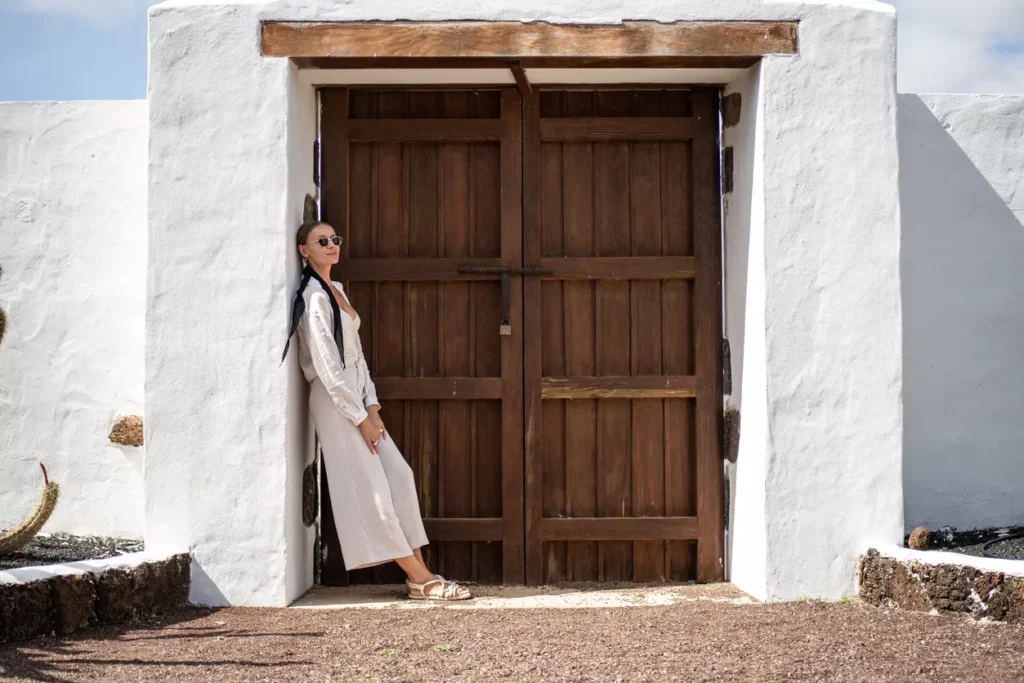
Vacation in your own home and investment appreciation
Enjoy a stay in your own villa or apartment whenever it suits you, while your property continues to work for you for the rest of the year.
Vacation in the Place You Love
There are places you never want to leave. Owning property in Spain gives you the freedom to make it your home away from home, whenever you choose.
Your Investment’s Growing Value
With property prices in Fuerteventura rising by tens of percent each year, investing here offers strong potential for significant appreciation.
Generate Rental Income
When you’re not enjoying the sun, your property can work for you, generating a steady income through holiday rentals
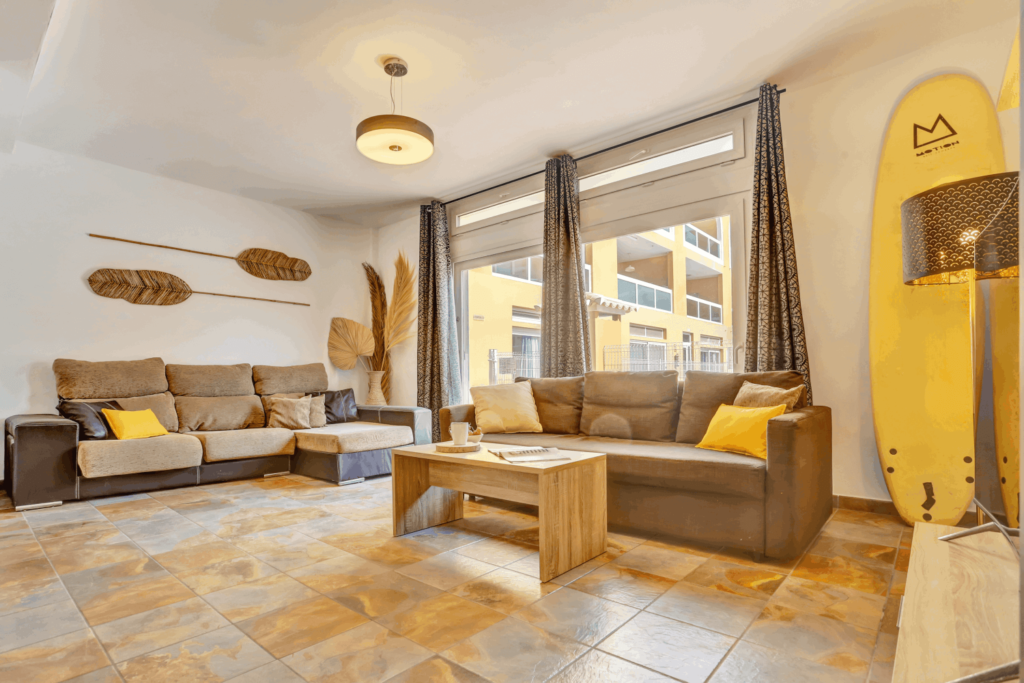
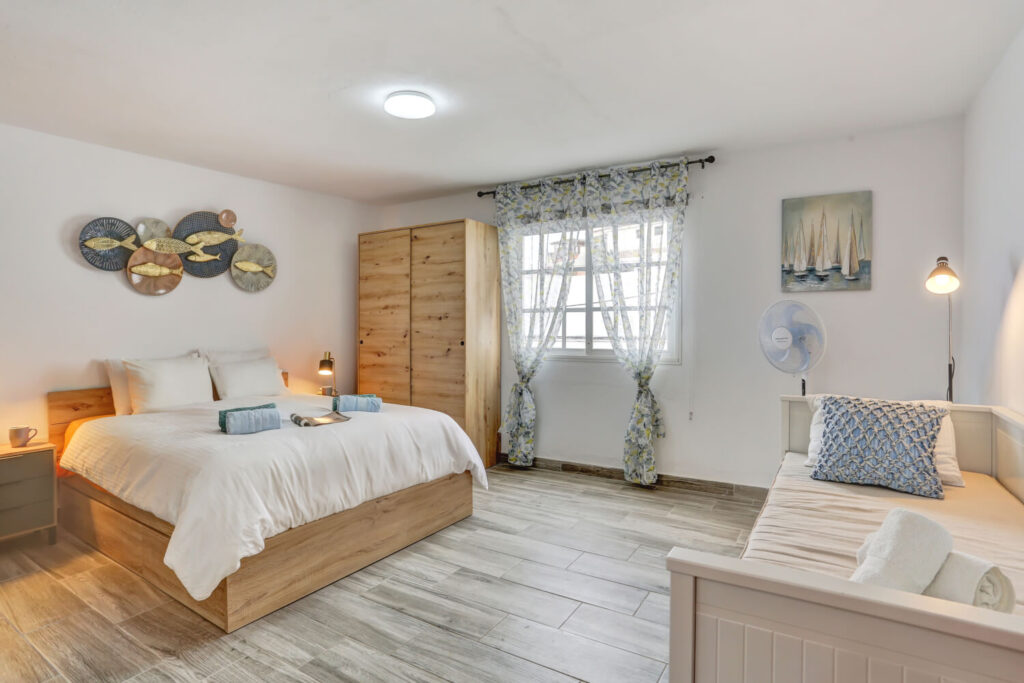
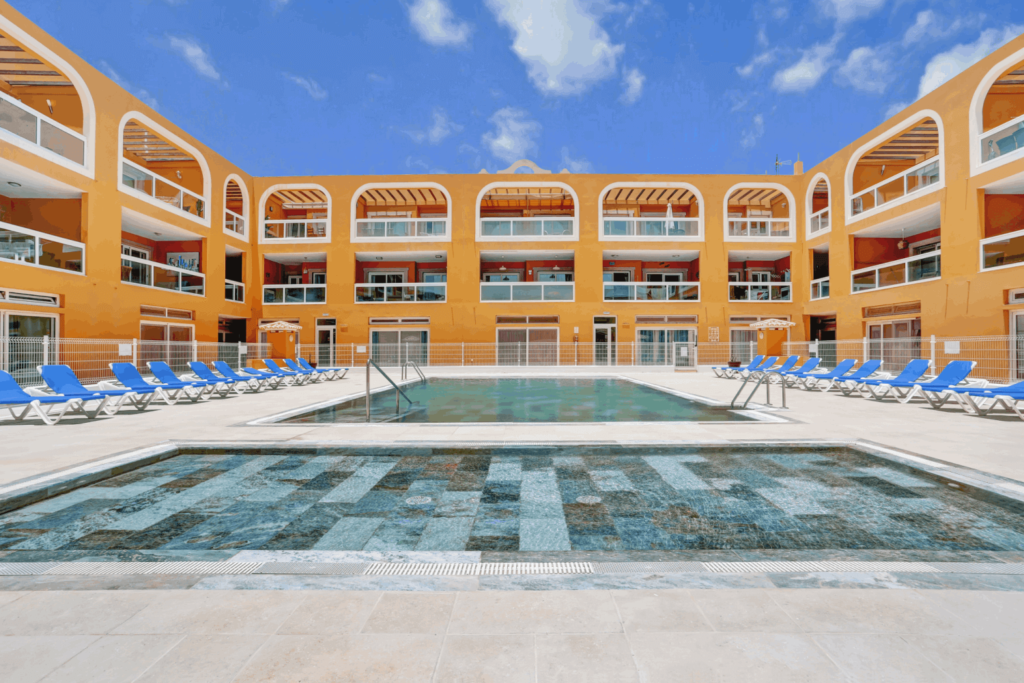
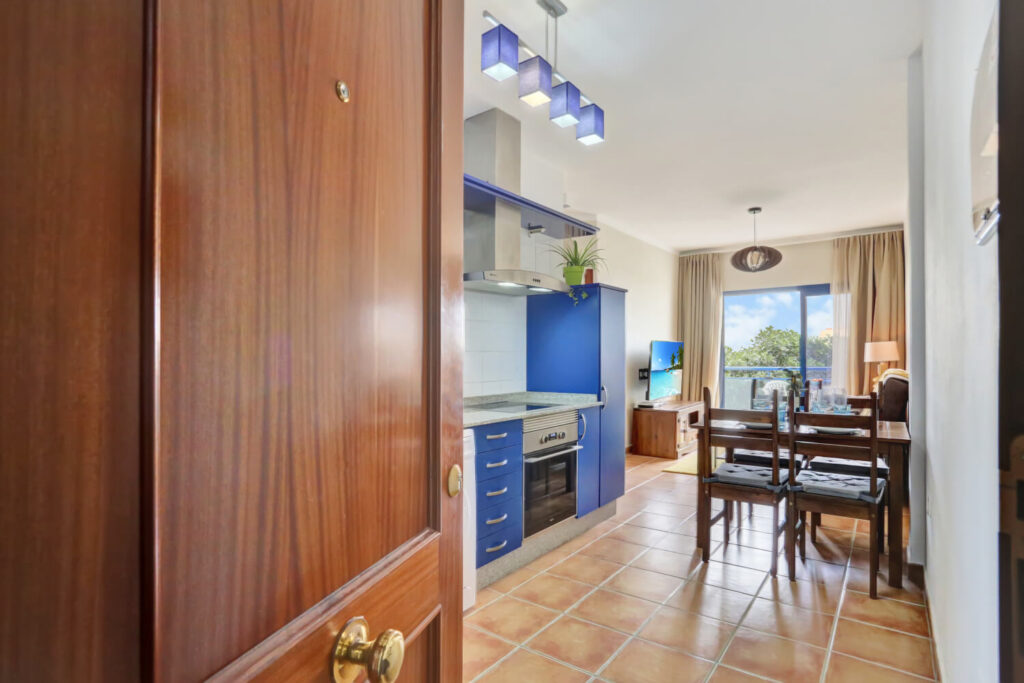
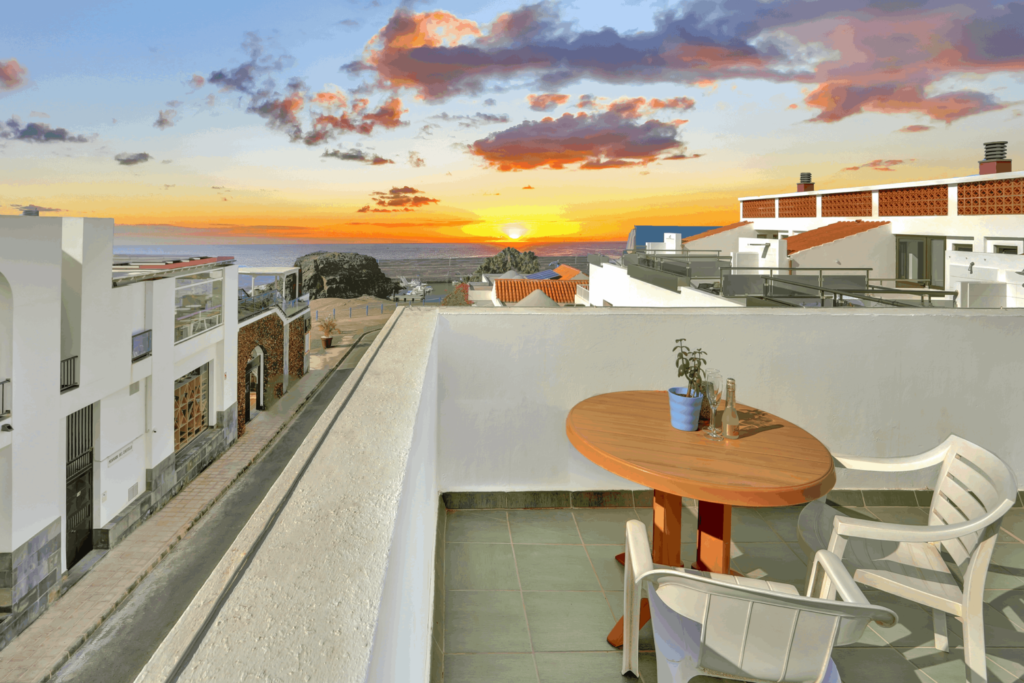
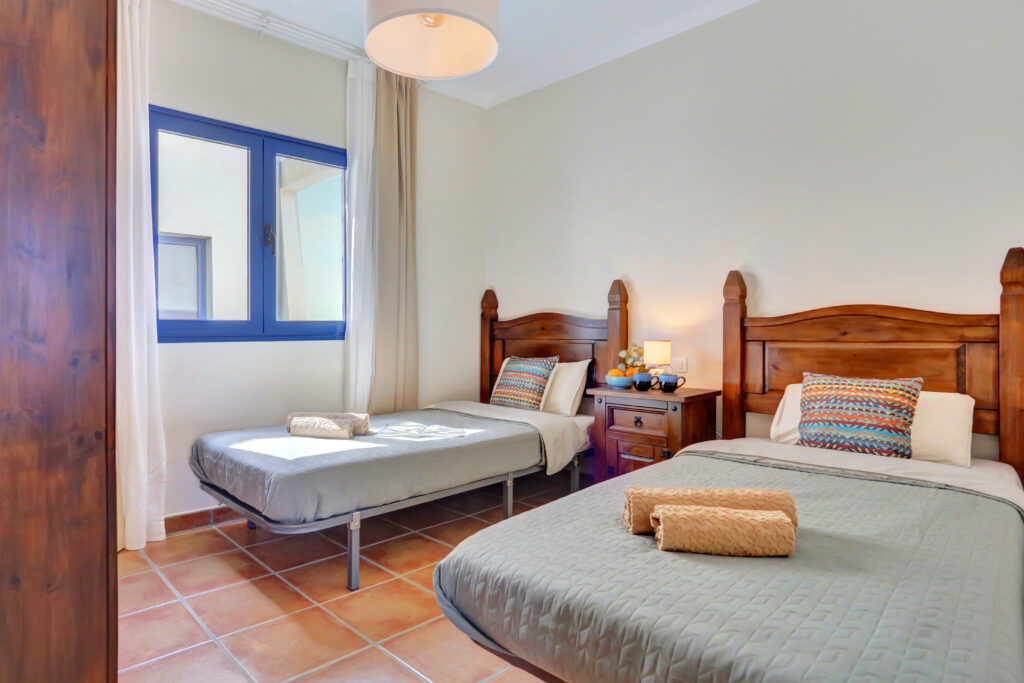
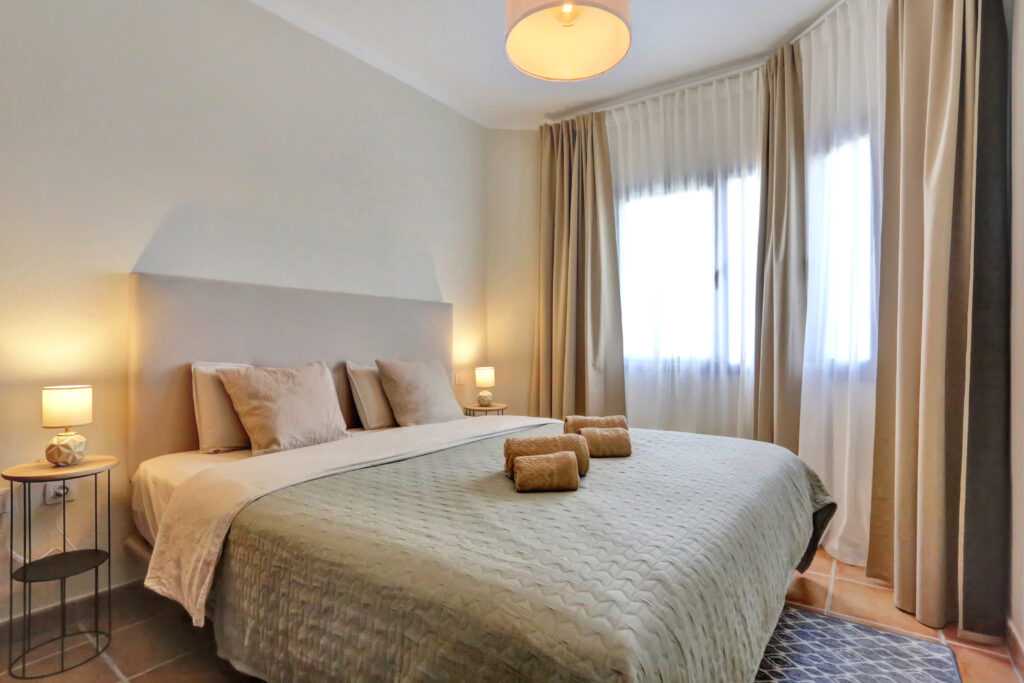
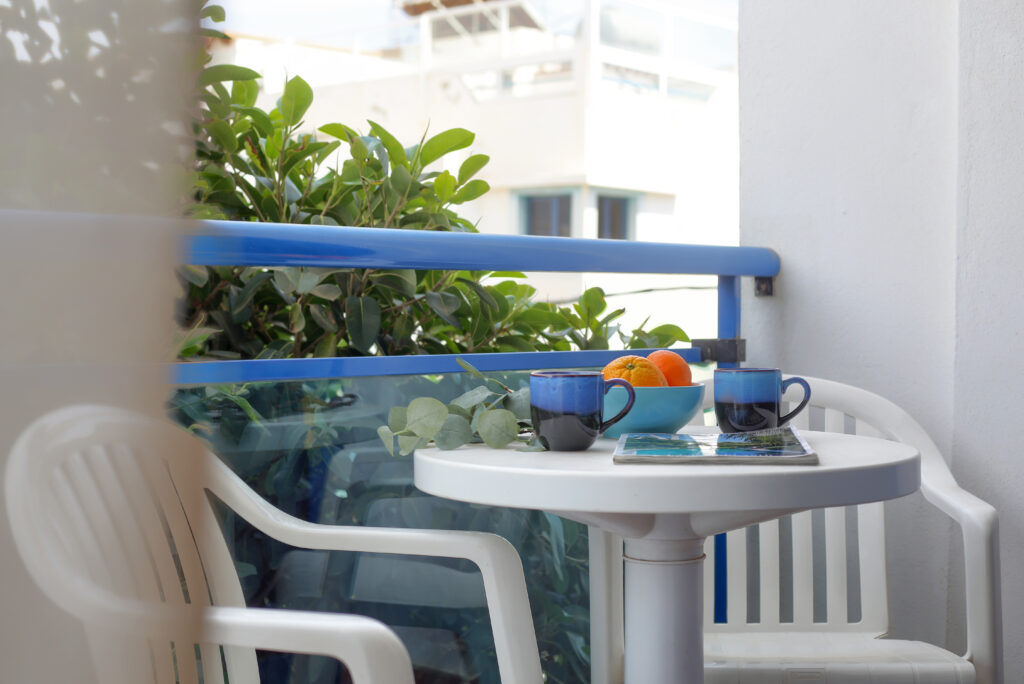
How can we help
When purchasing and managing a property abroad, you’ll benefit from our local expertise and personalized service.

Property selection
With properties changing daily, it’s important to know which locations suit your plans and stay updated on market trends. We’ll help you select the perfect property based on your preferences.

Purchasing process
Buying property in Spain involves specific legal steps. Our experienced multilingual legal team ensures a smooth and hassle-free process from start to finish.

Rental management
For your property to perform at its best, it requires consistent care throughout the year. Our experienced team is here to manage everything, ensuring smooth operations. Contact us today!
To legally rent out a property as a Vivienda Vacacional in Spain, you must first ensure your property meets the specific requirements set by local regulations. Typically, the property must be fully furnished, have proper safety features (like smoke detectors), and meet minimum living space standards. You’ll also need to have the property registered with the local authorities, such as the tourism department or municipal registry, and ensure it complies with local zoning laws, as some areas may have restrictions on holiday rentals.
Once your property is ready, you’ll need to apply for the Vivienda Vacacional license, submitting necessary documents like proof of ownership, a certificate of habitation (Cédula de Habitabilidad), and you may also need to provide details about the property’s maximum occupancy. After submitting your application and registering to pay the required tax, your local authorities will review your request. If everything is in order, you’ll receive your license, allowing you to legally rent your property for holiday use and generate rental income.
NIE (Número de Identificación de Extranjero) is a unique identification number assigned to non-Spanish nationals in Spain. It is required for various legal and financial activities, including buying property, signing contracts, opening a bank account, and paying taxes. The NIE acts as a personal identification number, much like a Social Security number in other countries, and is essential for foreigners who plan to reside or engage in legal or financial transactions in Spain.
To obtain an NIE, you must apply through the Spanish National Police or at the Spanish Consulate in your home country. The process typically involves filling out an application form, providing valid identification (such as a passport), proof of the reason for obtaining the NIE (e.g., property purchase, employment, or business activities), and paying the associated fee. The process can usually be completed in a few days to a couple of weeks, depending on your location. It’s important to have the NIE before proceeding with major transactions like purchasing property or renting out a home in Spain.
Tax laws for property owners in Spain can vary depending on the owner’s country of residence and fiscal status. Generally, there are three main categories of property owners: Spanish citizens or residents with fiscal residence in Spain, EU citizens with fiscal residence in Spain, and non-EU residents, such as citizens from the UK. Each group is subject to different tax regulations, including income tax on rental earnings, property tax, and other local taxes.
Spanish citizens and residents with fiscal residence in Spain are generally taxed on their worldwide income, including earnings from holiday rentals. EU citizens residing in Spain follow similar tax rules. Non-EU residents, however, may face different tax obligations, often paying higher rates on rental income, and they might also need to submit additional documentation to comply with Spanish tax regulations. It’s crucial for property owners to consult with a local tax advisor to ensure they meet all legal requirements and optimize their tax obligations.
Yes, we can! As part of our comprehensive service, we assist with every step of the buying process. We’ll connect you with a local attorney who speaks your language and is experienced with the legal specifics of your country. Your legal representative will help you open a mandatory Spanish bank account, apply for your NIE at the Spanish National Police, and guide you through the entire process, ensuring you’re fully covered and legally secure at every stage.
If you’re a first-time buyer in Spain or the Canary Islands, please keep in mind that Spanish law requires additional taxes on top of the property’s purchase price. In mainland Spain, this tax typically ranges between 6% and 10% depending on the region. In the Canary Islands, the property transfer tax is 6.5% (IGIC – Impuesto General Indirecto Canario), which is lower than the mainland VAT rate. Make sure to account for these taxes in your budget when purchasing property.